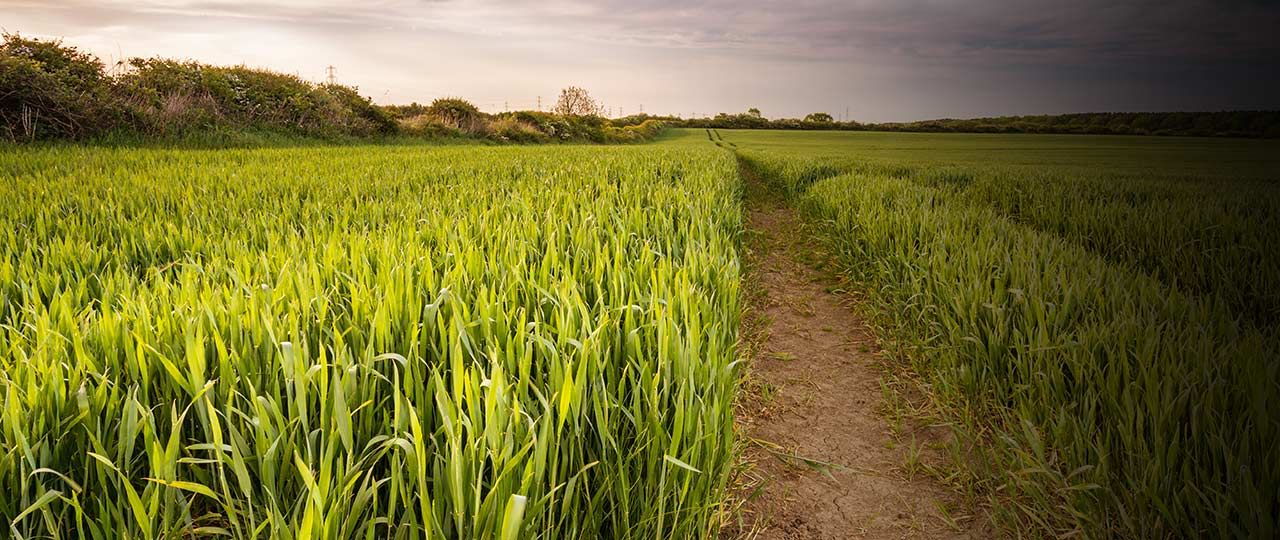
The growing role of non-farmers in the farmland market has been one of the notable trends of the past three years.
Lifestyle buyers and private investors, including those with roll-over money from selling other business assets, have been securing an increasing proportion of land put up for sale.
Recent analysis of Strutt & Parker’s Farmland Database shows that since 2013 an average of 43% of farm sales were to non-farmer buyers, with these transactions accounting for 55% of the land marketed.
In contrast, farmers accounted for just half of all land transactions - the lowest proportion in our records.
Popular regions
Lifestyle buyers and investors are active in all regions of England – but it is clear that some areas are more popular than others.
Non-farmer buyers are particularly strong in the south east, where, over the past five years, they have been involved in nearly two-thirds of all farm sales and bought 71% of the acres.
Prices paid
Analysis shows that non-farmer buyers have paid an average of £700/acre more for English farmland over the past five years.
The average price paid by non-farmer buyers was £10,200/acre compared with £9,500/acre by farmers.
This is because a fifth of the arable land bought by lifestyle buyers and private investors sold for more than £12,000/acre, compared with 13% for farmers.
Similarly, 40% of the pasture land they bought cost more than £8,000/acre, compared with 27% for farmers.
Conversely, farmers in England have bought more land than non-farmers at the £8,000/acre mark – 23% compared with 15%.
Of course, the headline announcement – that non-farmer buyers pay more for land – needs to be put in context.
Non-farmers do tend to be active in the higher priced areas of the country, like the south east and west of London. Within a region, they also tend to buy in the more attractive locations.
In addition, they often pay a premium for the land due its ‘marriage value’ with the house that accompanies it.
This means they attach an additional value to the land as the setting for the property or because it will offer them privacy and security.
Outlook
Over the past 12 months, the UK has faced a time of unprecedented political and economic uncertainty.
However, the data clearly demonstrates that outside investors continue to view farms as safe assets in which to store wealth, as well as being highly-prized as a place to live.
Read the full English Estates & Farmland Market Review Summer 2017
